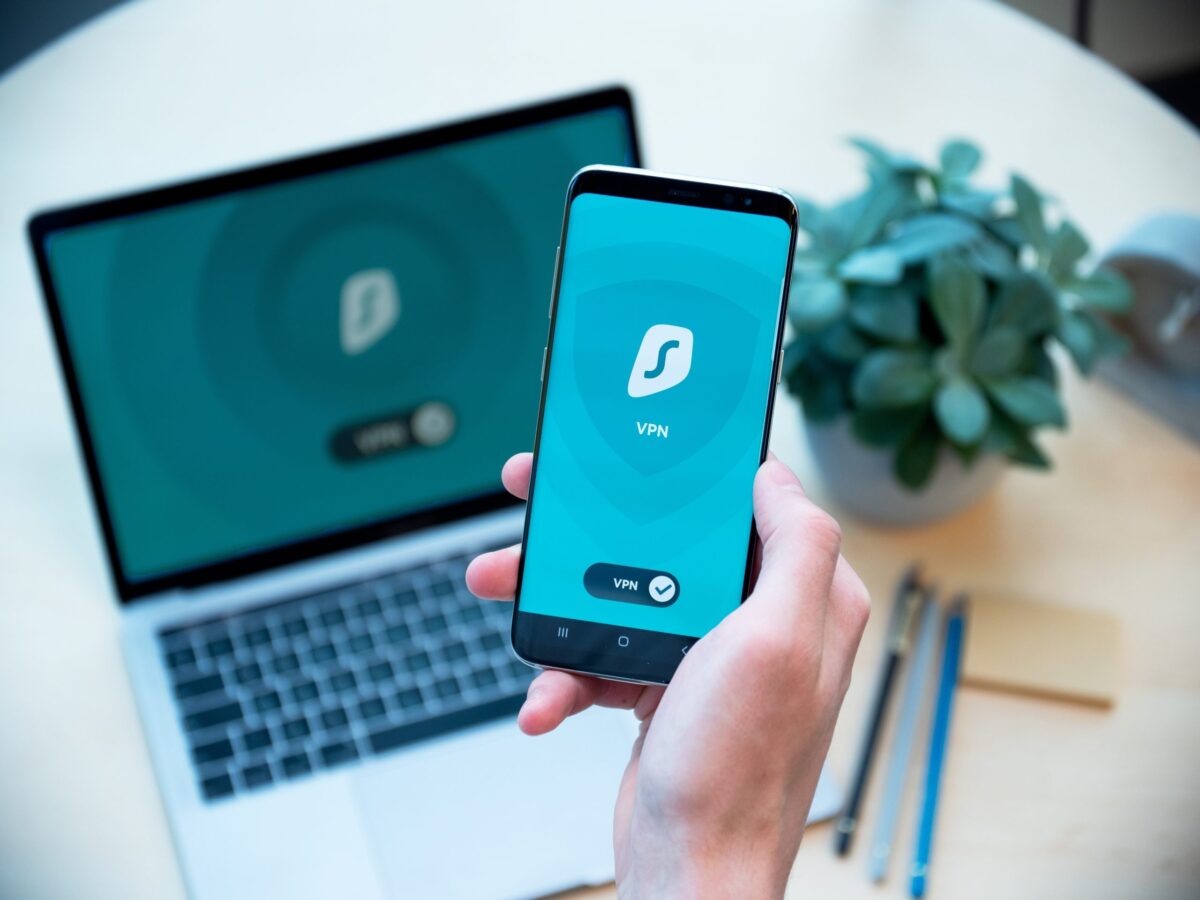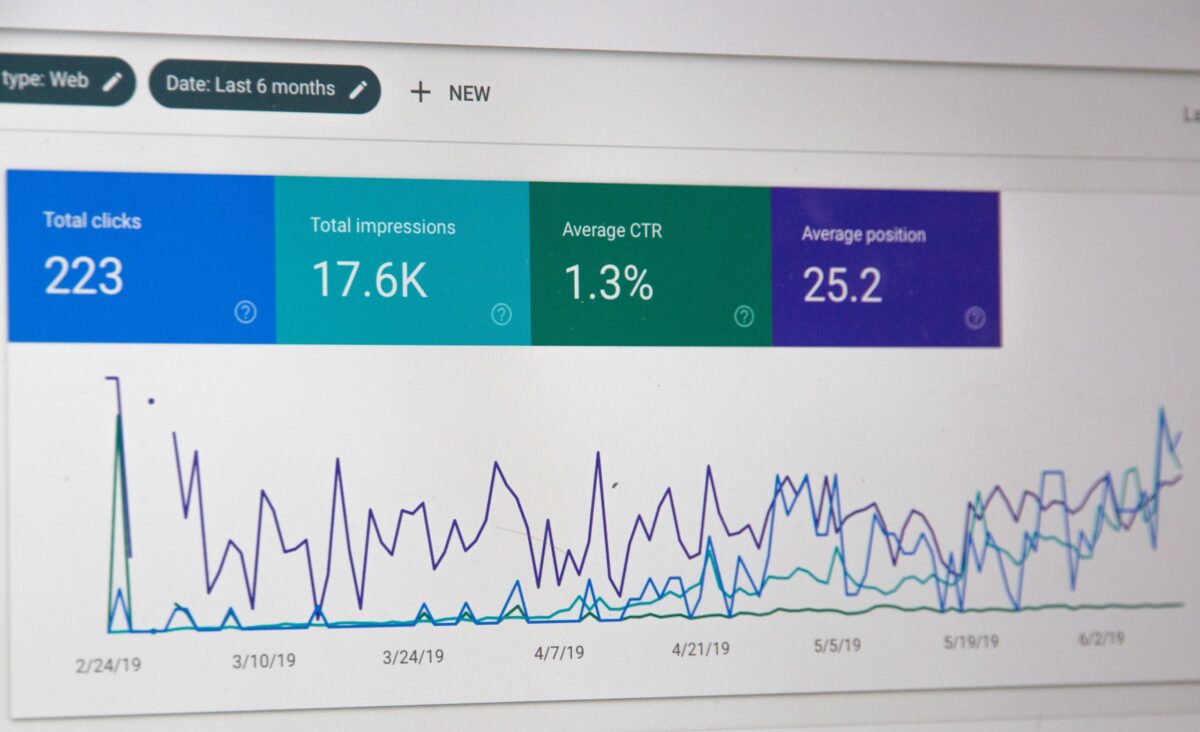

Consider the amount of money that goes into acquiring a new customer. Paying sales professionals, product development, marketing, advertising, media, the list is endless. Many of our business costs are associated to attract new customers for the sake of our business growth.
Imagine if companies were to spend as much attention on retaining a customer than they do try to earn a new one. When we show our clients, customers, patients, members and shoppers that we pay attention to their needs, we are not only likely to retain them, we will most certainly create advocates in them as well.
A brilliant book on elevating the customer experience is Never Lose a Customer Again by Joey Coleman, I loved this line in his book ‘it’s time to stop thinking B2B or B2C the future of business is H2H’ (human to human)
Follow these 5 strategies to give professional attention to your clients and show them the love they deserve.
1. Reach out. When was the last time you reached out and personally thanked your clients for being customers? Do you make it habit to routinely remind them of your joy in doing business with them? Consider deepening your relationship with frequent reach-outs. Find out how their business is doing and what you can do to make it better.
2. Examine the experience. Take the time to walk through the same business experience your current customers do. Call your phone number and listen to how you are addressed. Enter your workplace, office or shop as a customer and truly examine the impression being given. Evaluate your website and order your own products. Experience what your customers do when they are doing business with you. You may be surprised what you learn.
3. Know your numbers. Many companies measure their success through profitability, sales and growth. Perhaps consider adding a few extra numbers to the mix. Understand how many new sales come from repeat customers. Recognize your referral rates and most importantly know the churn your company suffers. Set meaningful goals – short and long-term – to retain more customers and improve your new sales from return clients.
4. Motivating Factors. Do you know what motivates your customer to buy from you? Maybe they buy because of price or convenience. Maybe it’s because of location or experience. Do your homework by asking your customers these questions. Know what motivates them to do business with you the first time, and continued business in the future will help you prioritize the areas of opportunity within your business.
5. Be a Partner. When was the last time your bank called you to ask how they can help you better invest your money to plan for a better future? Has your physician ever called to see how you were doing and offered you free literature on the topic you last discussed? This higher level of attention brings a personalized touch to any customer relationship. More so, it creates a partnership with you and your client that benefits their success and well-being as much as it does yours. It’s a win-win anyway you look at it. Partnering with your customer will create mutual trust and respect in the relationship.
Are you ready to pay more attention to your customers? Are you ready to heighten your professional relationships and invest more in their success? Pick up a copy of Joey Coleman’s “How Not to Lose a Customer” and read his strategies for investing time and energy in cultivating long-lasting client relationships.
Want to take your attention a step further? Pick up a copy of Attention Pays. Learn how attention to employees will benefit your clients and ultimately your bottom line. Understand how evaluating your day-to-day activities can help you carve out time to focus on those who matter most – your customers.










